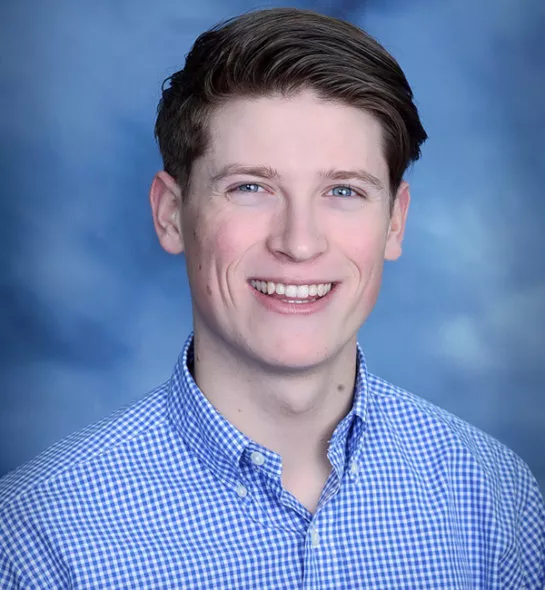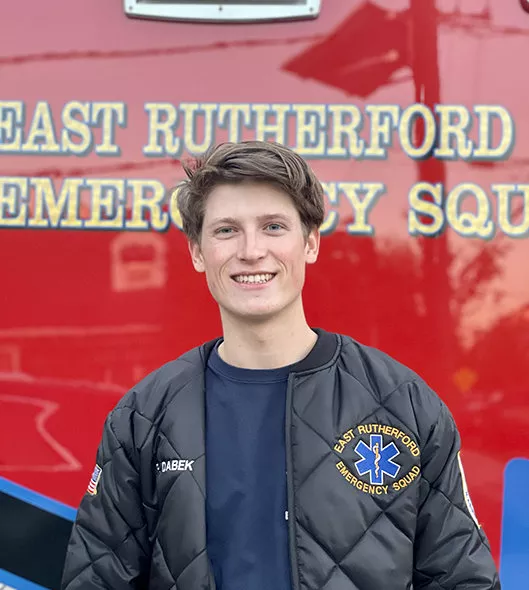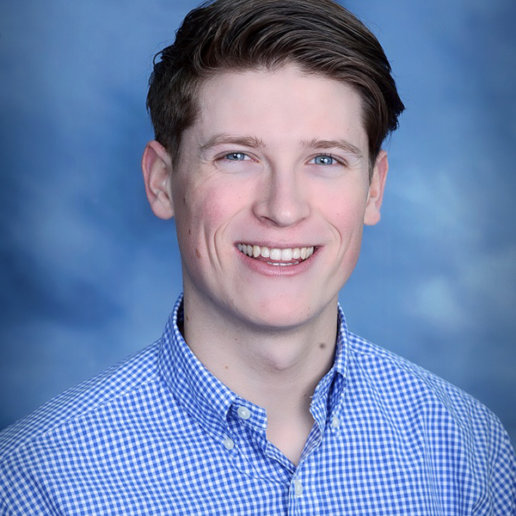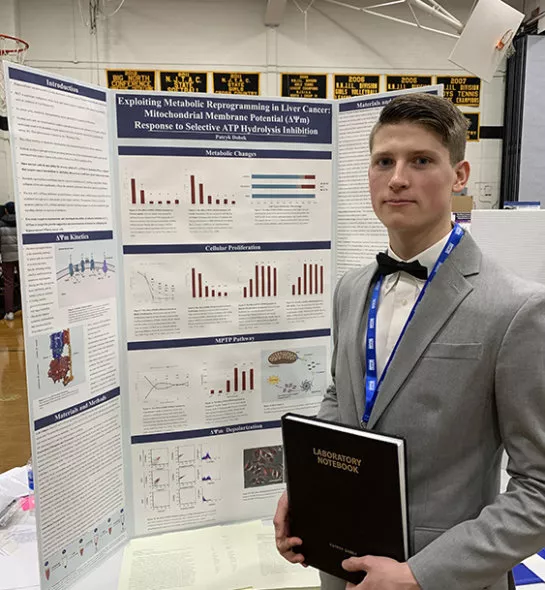Deeper Dive
My project aimed at providing a nontraditional treatment for cancer. Despite rapid developments in cancer treatment, chemotherapy remains one of the best ways to kill cancer cells in the body. While the great majority of cancer cells are wiped out, normal cells are not immune to the strength of chemotherapy, thus stressing or killing them. Volunteering with my town’s ambulance corps, I provide life-saving assistance to people in need; however, one day in the ambulance about 3 years ago changed my perspective on medicine and science at large. Responding to the home of a cancer survivor who began to feel dizziness and extreme fatigue, the signs of relapse, I did all that I possibly could to make my patient feel comfortable. Yet I still felt helpless—lacking the technology to give this man the help he needed. This sense of helplessness prompted me to turn to science in an attempt to rectify this feeling.
However, with the unexpected arrival of COVID, my lab ended up closing indefinitely. While the closure was a large blow to my identity, it proved to be a defining moment in my understanding of healthcare and what it means to be a scientist. Being robbed of my lab and my daily routine, I ended up having to improvise. Although in-person lab work was suspended, COVID led to an increased focus on virtual and computational education. By reaching out to Dr. Bostick of Columbia University, I was able to work under him to continue researching cellular metabolisms. I adapted to use R (an analytical programming language) to quantify complex chemical interactions without the need for in-person work. While that research deviated from my current submission, it provided me with a fresh perspective that allowed me to express my data in a way that fully portrays the implications of my findings as a promising therapy to selectively target the metabolic hallmarks of cancer.
Aiming my project at the hallmark of cancer, its metabolism, I hoped to create a treatment that could be multi-faceted and selective to cancer cells. Through countless hours in the lab, I began to understand the implications of such a treatment and how it could be optimized to be used in actual patients. Too many patients in our modern world have been left with chemotherapy as their last resort, but I hope that by showcasing the potential application of a novel class of metabolically targeted drugs, my project leads the future of cancer therapy: thinking outside of the box to target the root of cancer’s dysfunction allows us to selectively kill cancer cells and drives us towards a brighter future for the patients that I see in the back of the ambulance.



